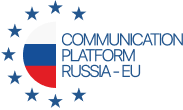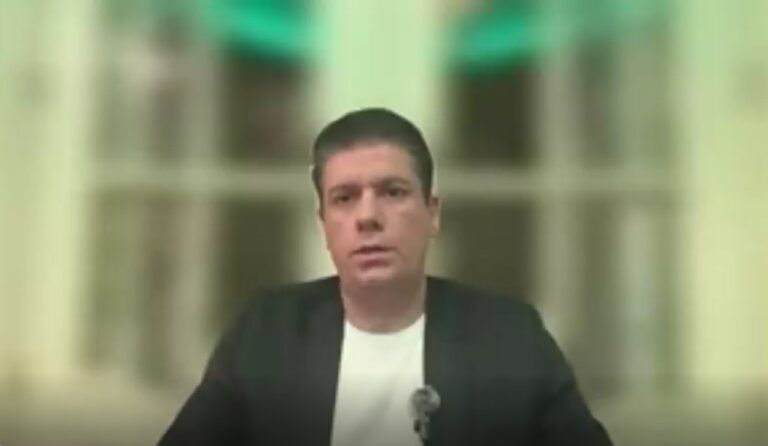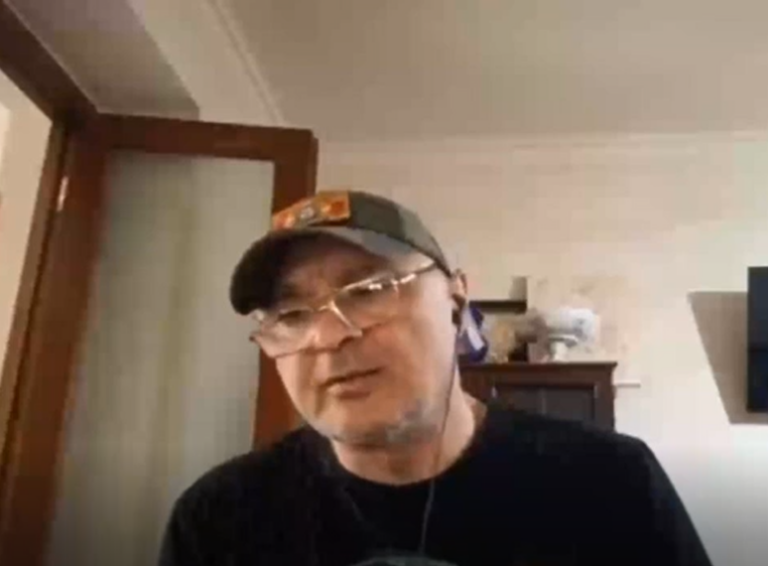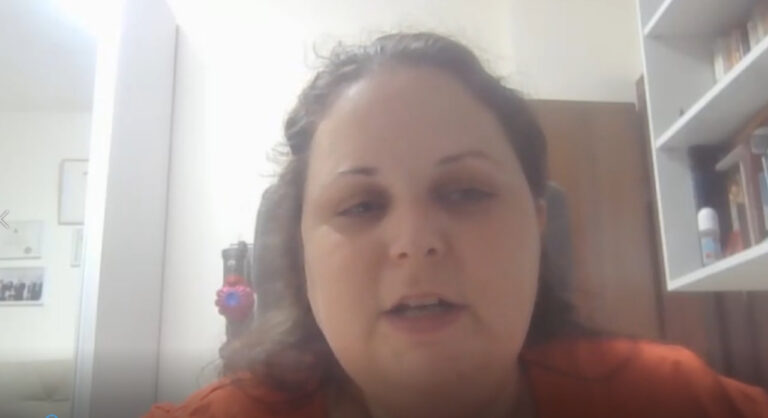First of all, he recalled that even at the very beginning of the special military operation, the world was on the verge of making peace, but that it was the American and British leaders who disrupted the negotiations between Russia and Ukraine.
“Could this war have been avoided? Yes. Could it have been stopped very quickly? Yes. Zelensky and Putin reached an agreement, which was renewed on 5 March. A whole series of Western witnesses said: “Yes, an agreement is possible”. But Washington and London refused.”
Mr Collon also noted the exceptional level of propaganda and disinformation in Western countries, particularly in the French-speaking world. He is convinced that the only way to combat this phenomenon is to critically analyse all the information received.
“In the region where I live, I don’t think we can let our Western elites inform us. We have to seek out the information ourselves, compare points of view, check, question and circulate the information.”
He is also convinced that this misinformation about the Ukrainian conflict is in line with US tactics in all wars, which, before the immediate start of hostilities, always carry out serious work to indoctrinate the public about the need for conflict.
“Every war waged by the United States, France and countries like that is preceded and accompanied by what I call ‘media lies’, disinformation to sell the war.”
Finally, an analyst of military disinformation claims that in the United States there are even private companies specialising in this field, whose main task is to ‘sell’ the war to the common public.
“You need to know that in every war there are what we call public relations, i.e. firms in the United States that specialise in how to sell US policy to regimes like Israel or an African or Arab dictatorship. In the case of Ukraine, there are many indications that there were around 150 Western communications agents who were there to oversee Kiev’s communications.”
